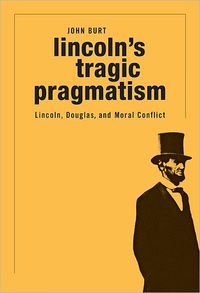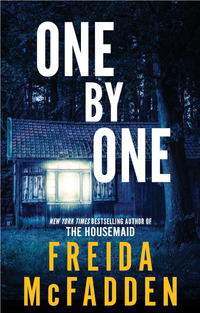

Purchase
Lincoln's Tragic Pragmatism
John Burt
Lincoln, Douglas, and Moral Conflict
Harvard University Press
January 2013
On Sale: January 7, 2013
814 pages
ISBN: 0674050185
EAN: 9780674050181
Hardcover
Add to Wish List
Non-Fiction
In 1858, challenger Abraham Lincoln debated incumbent
Stephen Douglas seven times in the race for a U.S. Senate
seat from Illinois. More was at stake than slavery in those
debates. In Lincoln’s Tragic Pragmatism, John Burt contends
that the very legitimacy of democratic governance was on the
line. In a United States stubbornly divided over ethical
issues, the overarching question posed by the
Lincoln-Douglas debates has not lost its urgency: Can a
liberal political system be used to mediate moral disputes?
And if it cannot, is violence inevitable? As they campaigned against each other, both Lincoln and
Douglas struggled with how to behave when an ethical
conflict as profound as the one over slavery strained the
commitment upon which democracy depends—namely, to rule by
both consent and principle. This commitment is not easily
met, because what conscience demands and what it is able to
persuade others to consent to are not always the same. While
Lincoln ultimately avoided a politics of morality detached
from consent, and Douglas avoided a politics of expediency
devoid of morality, neither found a way for liberalism to
mediate the conflict of slavery. That some disputes seemed to lie beyond the horizon of
deal-making and persuasion and could be settled only by
violence revealed democracy’s limitations. Burt argues that
the unresolvable ironies at the center of liberal politics
led Lincoln to discover liberalism’s tragic dimension—and
ultimately led to war. Burt’s conclusions demand
reevaluations of Lincoln and Douglas, the Civil War, and
democracy itself.
Comments
No comments posted.
Registered users may leave comments.
Log in or register now!
| 


 © 2003-2024 off-the-edge.net
all rights reserved Privacy Policy
© 2003-2024 off-the-edge.net
all rights reserved Privacy Policy